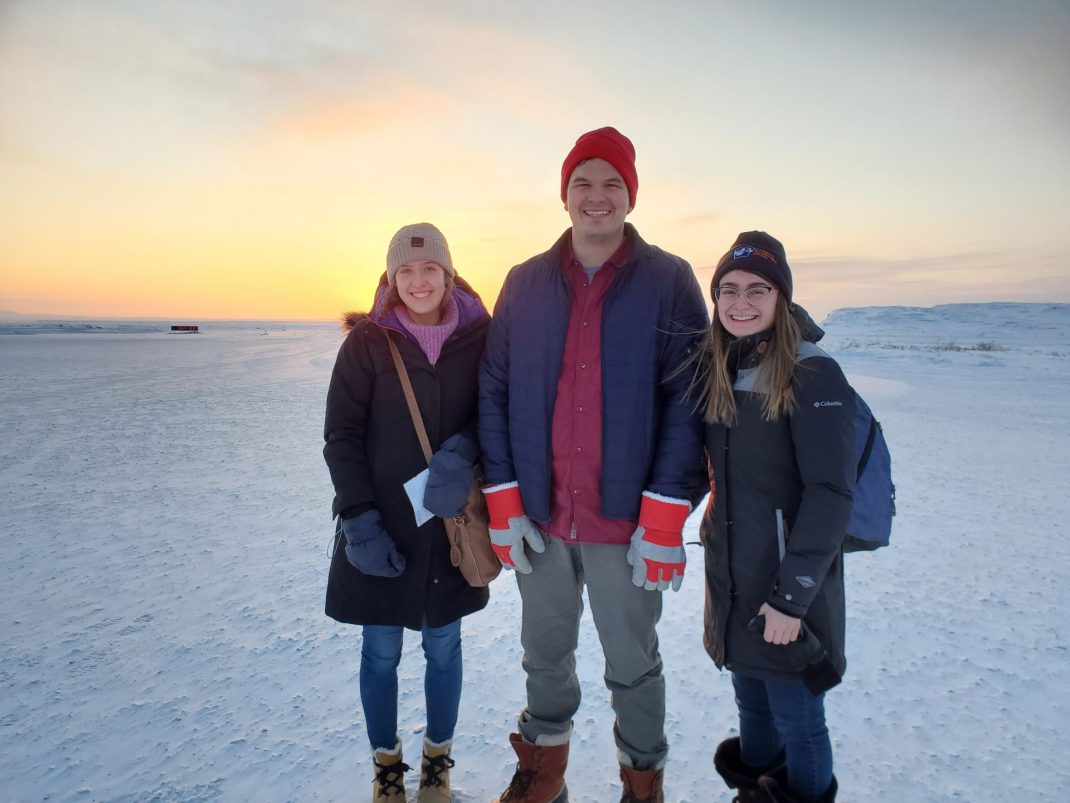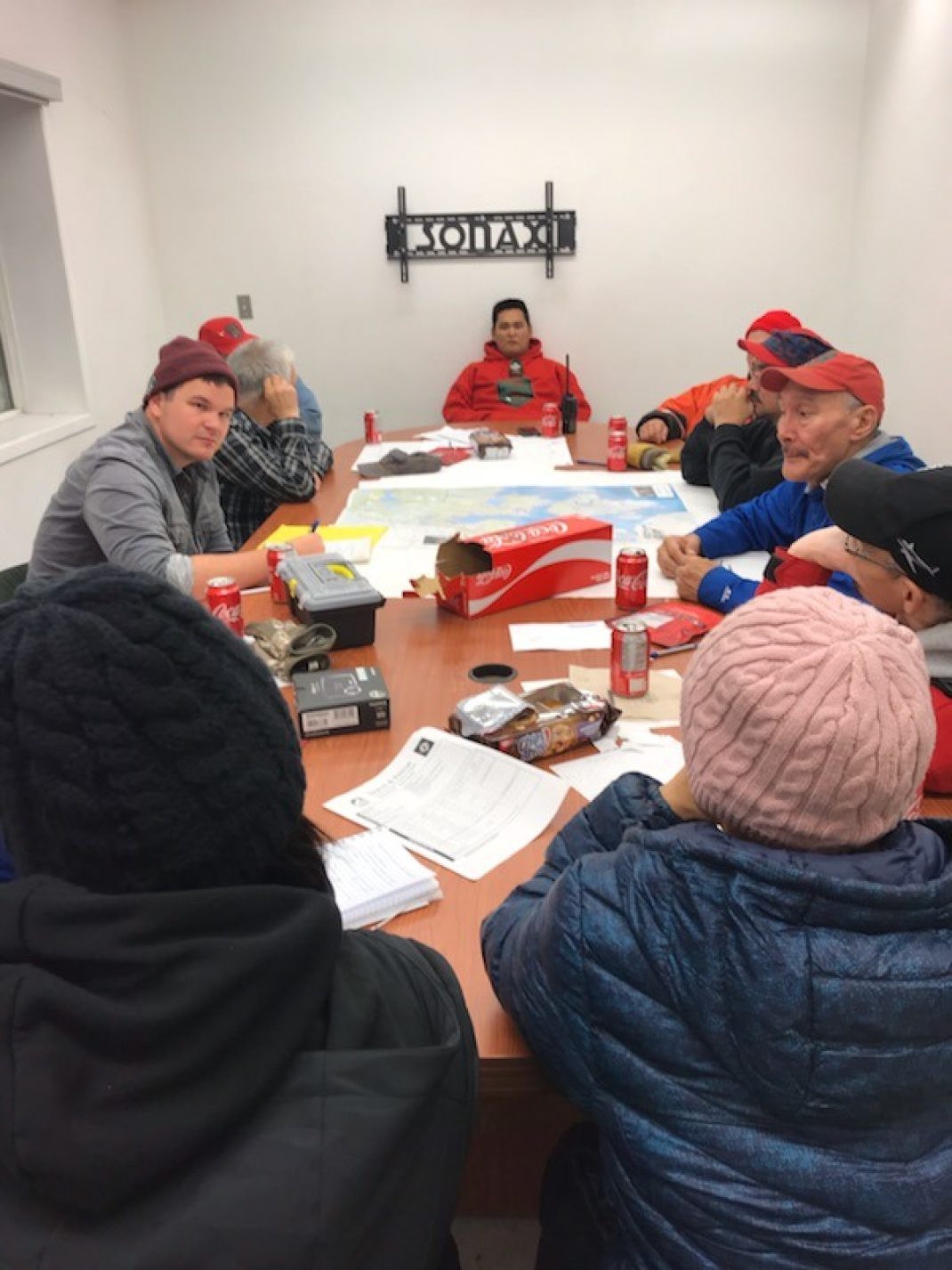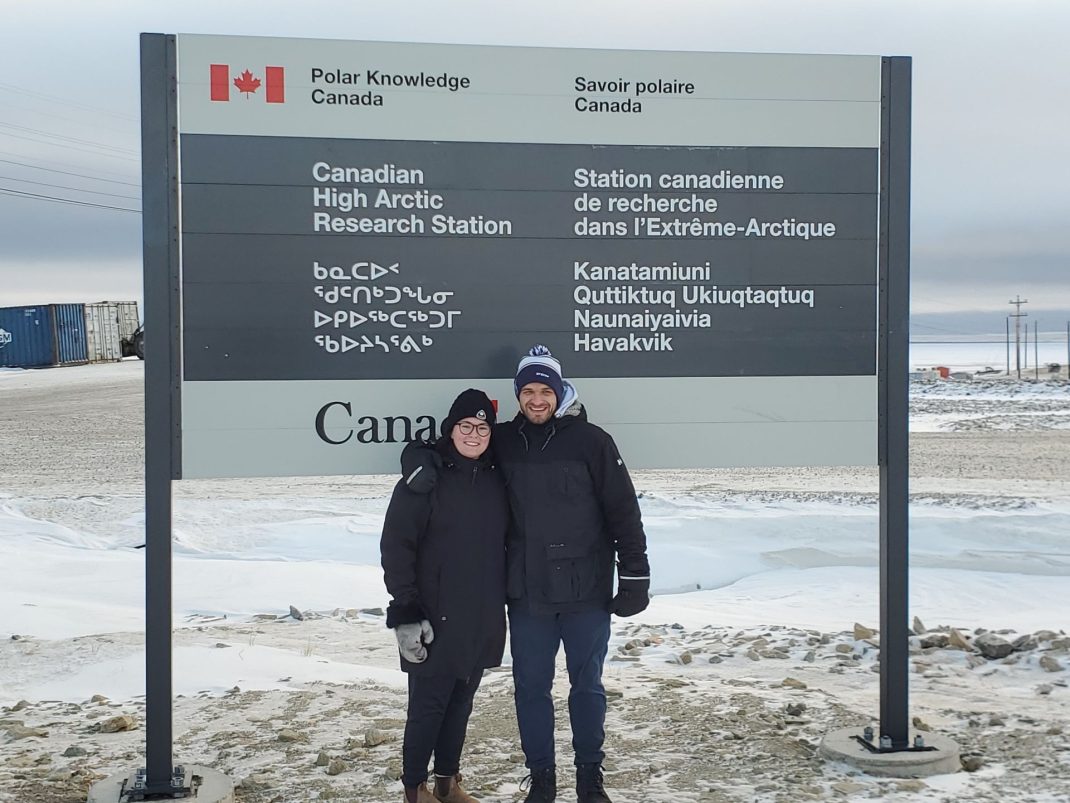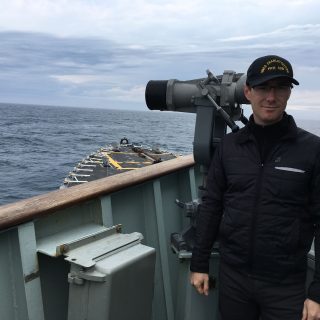Our Stories
Whether applied to nations, communities, or individuals, a common thread of resilience is that it focuses on the ability to cope with and respond to adversity. Dr. Peter Kikkert, Irving Shipbuilding Chair in Arctic Policy at St. Francis Xavier University (St. FX), and his research partner, Dr. Whitney Lackenbauer, Canada Research Chair in the Study of the Canadian North at Trent University, have launched a project exploring the contributions that the Canadian Rangers and the Canadian Coast Guard Auxiliary make to community resilience in the North.
The sponsorship of a Chair in Arctic Policy at St. FX is part of our Value Proposition commitment to create a sustainable marine industry as part of our involvement in the National Shipbuilding Strategy. Within this program, the Halifax Shipyard is currently constructing Canada's future naval combat fleet. To date, Irving Shipbuilding Inc. has committed more than $16 million in Value Proposition investments across Canada.
The overarching objective of the Research Chair program is to generate new and innovative research into Canada’s evolving arctic and maritime security concerns. This is of particular significance to Irving Shipbuilding as the prime contractor for Canada’s new class of Arctic and Offshore Patrol Ships for the Royal Canadian Navy, who will employ these ships in the Canadian north for decades to come. Dr. Kikkert’s appointment is contributing to this objective through his focus on Arctic policy, particularly issues pertaining to northern safety, security, emergency preparedness and response, and Indigenous community relations.
The Canadian Rangers are part of the Canadian Armed Forces Reserve that provide a military presence in Canada's northern, coastal, and isolated areas. Given the breadth and depth of their involvement at the community-level, Canadian Ranger patrols, as well as Coast Guard Auxiliary units, can be tied to two main categories or components of resilience: community-based disaster resilience and community resilience more generally. Community-based disaster resilience focuses on how communities mitigate, prepare and plan for, respond to, and recover from disasters at the local level. Community resilience deals with the ability of a community to cope and adjust to environmental, social, and political change, while using community resources to tackle the challenges and opportunities created by these changes.
Kikkert, Lackenbauer, and their community partners are tracking the ways in which the Ranger and Auxiliary units contribute to everything from search and rescue operations and disaster management, to the creation of social networks, skill development, and the transmission of traditional knowledge. They are also exploring how the efforts and impact of these community-based organizations can be strengthened and amplified in the future.
In support of this objective, this project will also yield recommendations on how the Department of National Defence and the Canadian Coast Guard can better support Ranger patrols and Auxiliary units, while also determining how these community assets can be employed as force multipliers during emergencies, disasters, and other safety scenarios. In doing so, this research project contributes to a key platform of the federal government’s Arctic and Northern Policy Framework: “Increase whole-of-society emergency management capabilities in Arctic and Northern communities.

Since the spring of 2019, Kikkert and Lackenbauer have been exploring these topics through focus groups, interviews, and capacity-mapping workshops in communities and at Ranger and Junior Canadian Ranger leadership meetings. Moving forward, the project will also involve tabletop and functional exercises in select communities to explore and assess roles and responses in an array of emergency situations.
Through funds provided by Irving Shipbuilding, Kikkert has been able to provide four undergraduate research associates with salaries, food, and travel costs. These students have been able to travel to Nunavut’s Kitikmeot Region, participate in meetings, and learn how to conduct respectful community-collaborative research that is vital to improving emergency preparedness in the North.



